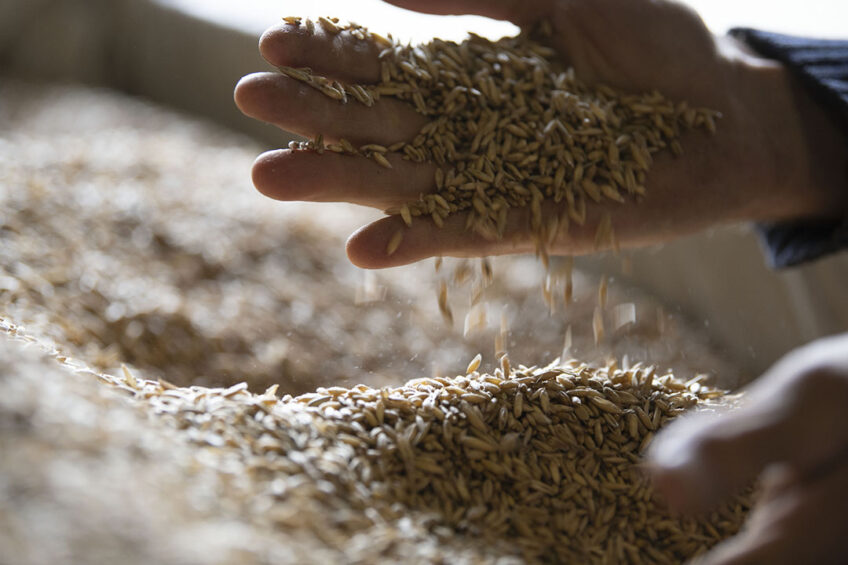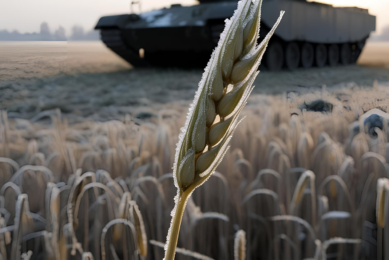Ukrainian grain storages are on the brink of extinction

Small Ukraine grain storage is jeopardy in Ukraine due to a lack of business predictability as the outlook for the 2022 harvest remains vague.
Viktor Startsev, a co-owner of grain storage told to local news outlet UkgAgroConsult that soaring logistics costs, lack of fertilisers and fuel suffocated Ukrainian grain farmers. In this background, Startsev said, some grain storage can end up with a low capacity utilisation ratio in 2022.
No fertilisers
“If earlier it was possible more or less to understand which of our clients sowed and in what quantities, now instead of a clear picture, we have complete chaos. The farmers say they have planted [crops], but will not apply fertilisers. No one knows what the yield they will get,” Startsev said, adding that due to the current events in the country and low grain prices on the domestic market, farmers see low incentives to produce crops this year.
Low incentives
“The farmer will think: why do I need this? The price of corn in Europe is around €340-360, but they buy it from a farmer here for roughly $120 at best. And if we remove the cost of growing, then what [profit] remains for the agrarian?” Startsev said.
Grain prices on the Ukrainian market plummeted this year due to a lack of export. As estimated by Startsev, before the current crisis, if farmers collected above 50 to 60 centners per ha, their businesses were profitable. However, this is not the case now.
Monopolisation is possible
Startsev went on to say that it is yet to be seen whether farmers would really grow anything this year, given that the business profitability is extremely low.
The current situation could spark some monopolisation of the grain industry, he said, not providing any additional details.
Grain complexes on the border
On the western border of Ukraine, it is necessary to install grain complexes that will simplify logistics solutions for grain transhipment, with a storage capacity close to 6 to 8 million tonnes, Mykola Solsky, the Minister of Agrarian Policy and Food of Ukraine said. The new complexes would facilitate grain export through European countries, which is now hampered by bottlenecks on the border.
The business will be offered favourable terms on new projects in this field, Solsky said, adding that this year Ukraine is expected to face a shortage of grain storage capacities ranging between 10 and 15 million tonnes.











